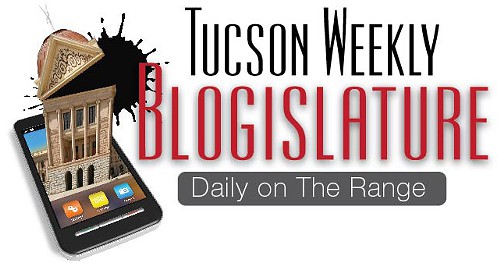[
{
"name": "Air - MedRect Combo - Inline Content 1",
"component": "29441156",
"insertPoint": "1/3",
"requiredCountToDisplay": "9",
"parentWrapperClass": "fdn-ads-inline-content-block"
},{
"name": "Top Stories Video Pair",
"component": "27651162",
"insertPoint": "10",
"requiredCountToDisplay": "1",
"parentWrapperClass": "fdn-ads-inline-content-block"
},{
"name": "Air - MedRect Combo - Inline Content 2",
"component": "29441158",
"insertPoint": "2/3",
"requiredCountToDisplay": "10",
"parentWrapperClass": "fdn-ads-inline-content-block"
},{
"name": "Air - MedRect Combo - Inline Content 3",
"component": "29441159",
"insertPoint": "1000",
"requiredCountToDisplay": "15",
"parentWrapperClass": "fdn-ads-inline-content-block"
}
]
Last year, the
Legislature passed an "environmental audit" bill that allows companies that report violations of environmental laws to the government to escape liability. The reports are sealed away from the public and, in most cases, cannot be used in court in civil lawsuits.
This year's HB 2485 would extend the environmental audit privilege to companies that discover violations of health and safety laws. It lays out an extensive list of material that would be shielded in the case of any lawsuits. HB 2485 passed out of the House on a 39-17 vote on Monday, March 4, and is awaiting hearings in the Senate.


